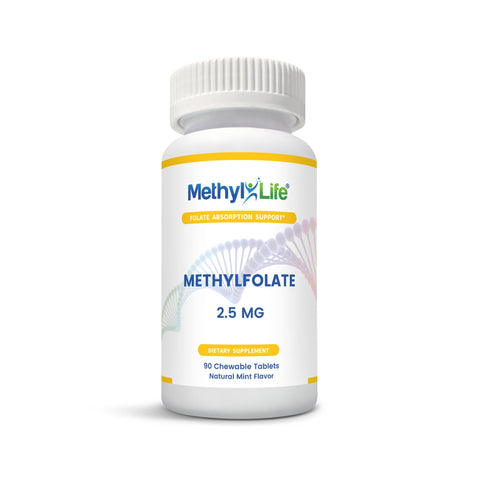If you’re someone who always seems to steer clear of major procedures at the dentist, you’ve likely never had to encounter nitrous oxide before. Commonly referred to as laughing gas, nitrous oxide is commonly used throughout the world. In the United States, dentists will often use it to relieve their patients.
While nitrous oxide has been a common practice and viewed as generally safe, many studies today are starting to denounce the prominence of this pain relief method. With plenty of other alternatives to the traditional nitrous oxide, it won’t be long until something completely replaces laughing gas in dental practices across the US.
A majority of the criticism towards nitrous oxide is geared towards the ineffectiveness compared to other methods, but researchers are starting to learn that it can present significant health concerns outside of that.
One of these concerns is when nitrous oxide is used in a patient that suffers from an MTHFR gene mutation. Since most people with MTHFR won’t know they suffer from it, this can be extremely dangerous considering how often laughing gas is used.
If you suffer from an MTHFR gene mutation, you’re likely wondering how nitrous oxide can negatively affect your body. To help you better understand this process, we’ll detail everything you need to know about nitrous oxide, MTHFR, and what you can choose to do instead.
Also Read: What is Folic Acid Deficiency?











